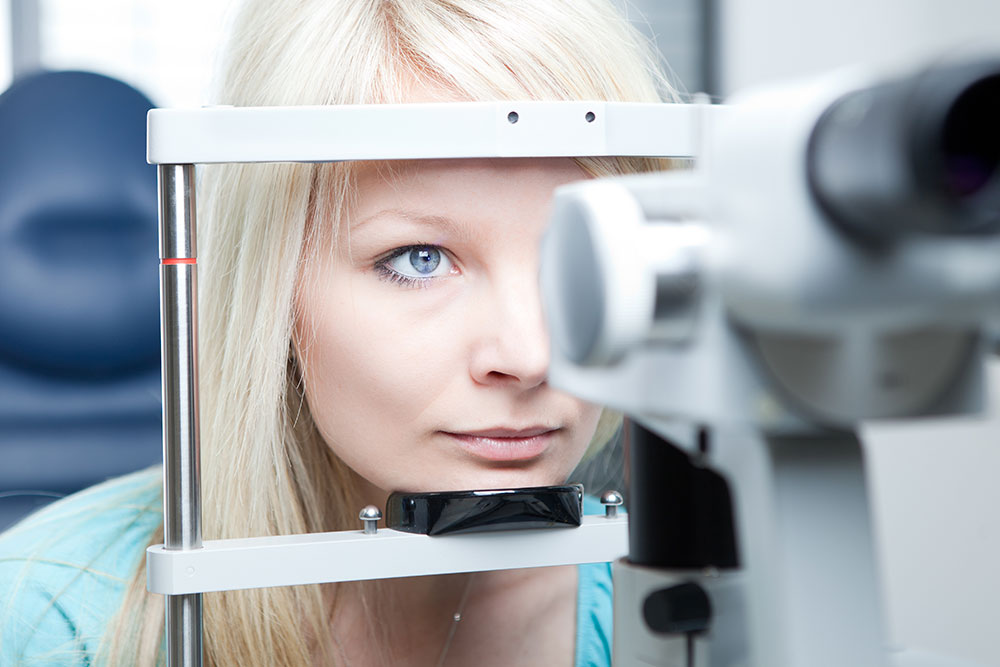Diabetes can have a profound effect on your eyes. Like any other part of the body, low blood sugar can cause irreparable damage to your eyes and their functionality. While diabetes may not be the only contributing factor to poor eye health, it is one of the leading causes to issues such as blurred vision, clouded vision, and even blindness. It is essential to maintain regular eye exams when you are a diabetic, as issues may appear at any point in time, with little to no warning.
Diabetes and Glaucoma
Diabetes can cause fluid to not properly drain from the eye. This is considered open angle glaucoma, one of the most common forms of the eye disease. In this scenario, the pressure builds, due to inability to drain, and the fluid then damages the nerves and blood vessels. This chain reaction causes damage to your vision, eventually causing complete blindness if ignored. Unfortunately, there may be no symptoms at all until vision loss occurs. However, if you are lucky enough to have some symptoms, you will notice headaches, ear aches, blurred vision, watery eyes, halos around lights, and even slight vision loss. Some people with diabetes even develop neurovascular glaucoma, wherein blood vessels grow on the iris, blocking the normal flow of fluid and raising the pressure of the eye. Glaucoma may be treated with medications, however, neurovascular glaucoma is often treated with laser surgery to remove the blood vessels.
Blurred Vision, Cataracts, and Diabetic Retinopathy
Diabetes can cause issues that are not at all related to glaucoma, but can be just as severe. These issues will make it difficult to see and function, especially if left untreated. Diabetics often experience either blurred vision or cataracts, which is cloudy vision due to a film forming over the pupil of the eye. However, one of the more sever issues related to diabetes and eye health is Diabetic Retinopathy. This disease damages the small blood vessels in the retina, which affect the way in which your brain processes light. This disease develops because of high blood sugar levels, therefore, diabetics who do not control their blood sugar are more likely to develop Diabetic Retinopathy.
Because diabetes and eye health can go hand in hand. It is essential to make sure you are having your eyes examined regularly once you receive a diagnosis of diabetes. For those people dealing with Type 1 diabetes, your eye exams should occur starting at an extremely young age, to help stay on top of any issues your diabetes could be causing your eyes, and any indicators your eyes may give towards other diabetic related health problems. For those diagnosed with Type 2 diabetes, you should have been already receiving regular eye exams, however, like most adults, out of sight out of mind. Now, with your new medical diagnosis, you can no longer afford to maintain that out of sight out of mind mentality. If you are suffering from any form of diabetes and are ready to make sure your eyes do not become a casualty of the diabetic war, contact the experts at Rittenhouse Eye Associates to begin your eye health exams.




